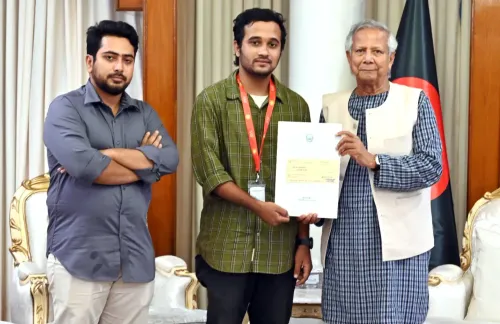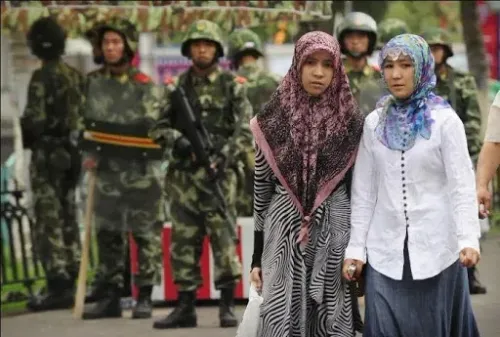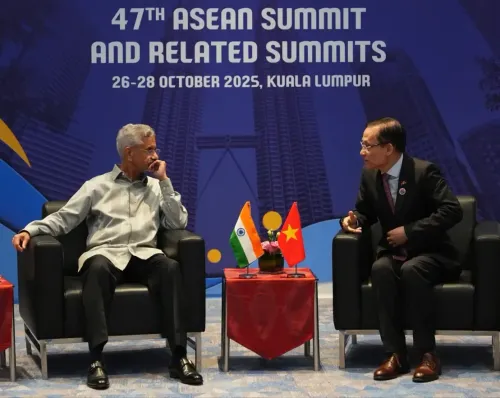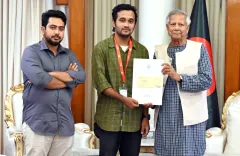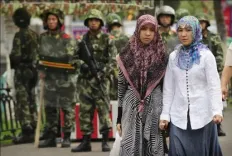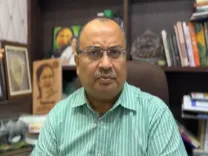Why Did the US Impose New Sanctions on Iran After Nuclear Talks?
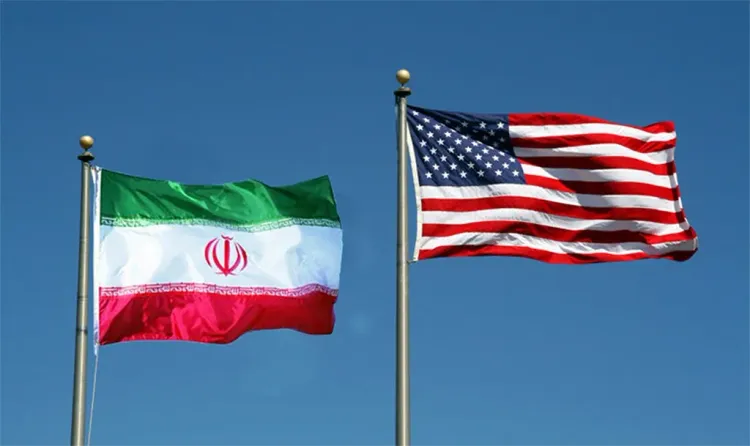
Synopsis
Key Takeaways
- The US has sanctioned Iranian nationals involved in nuclear weapons proliferation.
- SPND is linked to Iran's nuclear weapons development.
- The US aims to delay SPND's nuclear research capabilities.
- Iran's nuclear program continues to expand amid diplomatic discussions.
- Both nations are committed to continuing negotiations.
Washington, May 13 (NationPress) The United States has enacted sanctions against three Iranian individuals and one Iranian organization linked to Tehran's Organisation of Defensive Innovation and Research, commonly referred to by its Persian acronym, SPND.
The SPND is recognized as the direct successor to Iran's pre-2004 nuclear weapons initiative, known as the Amad Project.
In a press release on Monday, US Secretary of State Marco Rubio emphasized that "all individuals sanctioned are engaged in actions that significantly contribute to, or pose a risk of significantly contributing to, the proliferation of weapons of mass destruction."
He further noted, "Iran is persistently expanding its nuclear program and engaging in dual-use research and development activities relevant to nuclear weapons and their delivery systems. Notably, Iran is the only nation globally without nuclear arms that is producing uranium enriched to 60 percent. It continues to employ front companies and procurement agents to disguise its efforts to acquire dual-use items from international suppliers," the statement added.
"The actions taken by the United States aim to hinder and diminish the capability of SPND to pursue nuclear weapons research and development. Today's measures exemplify the United States' determination to ensure that Iran never secures a nuclear weapon," the statement concluded.
These remarks came after the US and Iran wrapped up the fourth round of indirect nuclear discussions in Muscat, the capital of Oman, on Sunday.
Esmaeil Baqaei, spokesperson for Iran's Foreign Ministry, reported on X: "The fourth round of indirect negotiations between Iran and the US has concluded; although challenging, these talks were beneficial in understanding each other's positions and seeking reasonable and realistic solutions to the differences. The next round will be coordinated and announced by Oman."
Iranian Foreign Minister Seyed Abbas Araghchi stated that indirect negotiations with the United States in Oman regarding the revival of the 2015 nuclear deal have become "much more serious and candid," while Iranian President Masoud Pezeshkian dismissed US demands for the dismantling of Tehran's nuclear infrastructure.
After the fourth round of discussions in Oman, Araghchi mentioned that the conversations have progressed from general subjects to more targeted proposals.
He described the talks as "forward-moving" but recognized the increasing complexity of the issues at hand.
Both parties have agreed to continue their discussions.
In the meantime, President Pezeshkian firmly rejected US requests to dismantle Iran's nuclear infrastructure, stating, "This is unacceptable. Iran will not relinquish its peaceful nuclear rights," reaffirming Tehran's position that its nuclear program is intended for civilian purposes.

